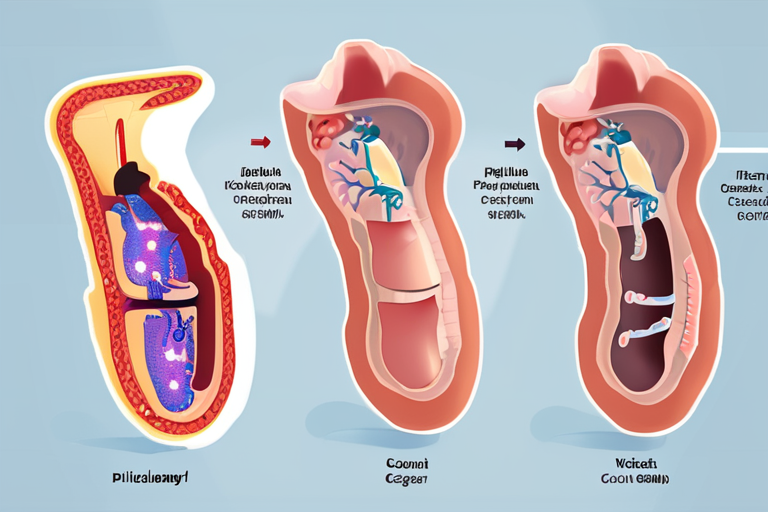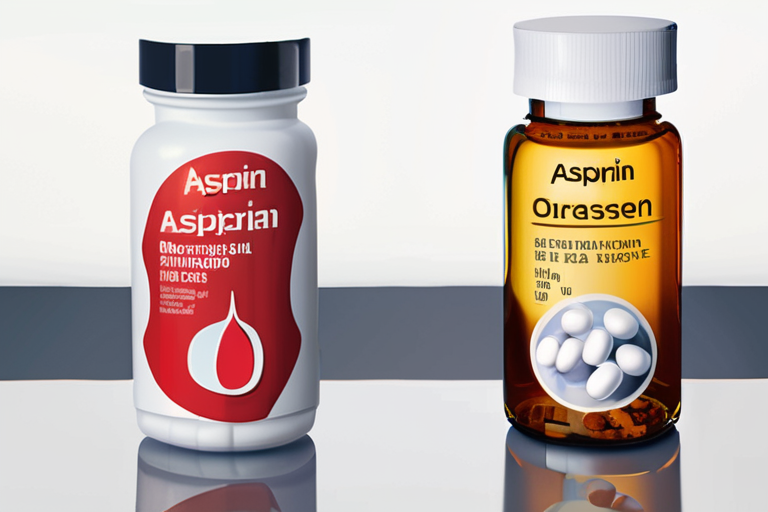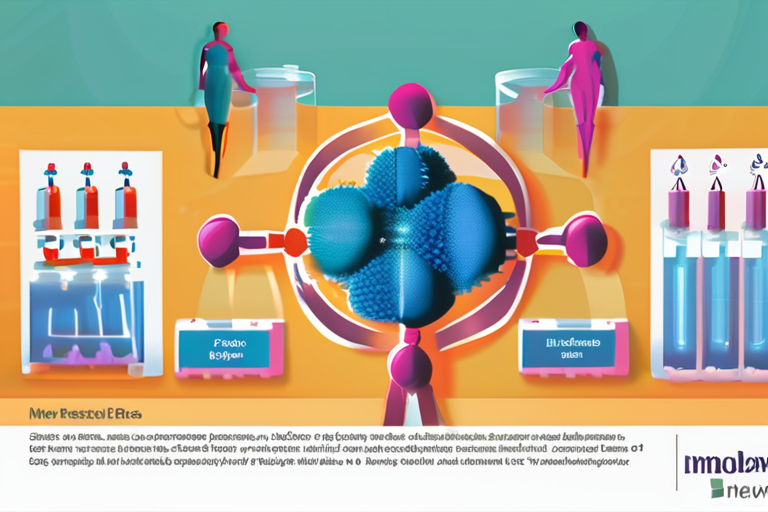Breakthrough in Cancer Treatment: Neoadjuvant Immunotherapy Shows Promise in Colon Cancers
A recent study published in Nature has revealed promising results for patients with early-stage mismatch-repair proficient (pMMR) colon cancer, who received neoadjuvant treatment of nivolumab plus ipilimumab followed by surgery. The phase II NICHE study demonstrated a 26% response rate, with six patients experiencing a major pathological response and one patient achieving an ongoing clinical complete response.
According to Dr. Sarah Kim, lead author of the study, "Our findings suggest that neoadjuvant immunotherapy can be effective in treating pMMR colon cancer, even in cases where other treatments have failed." The study's results are significant, as they provide new hope for patients with this type of cancer, which has been resistant to traditional treatments.
The NICHE study involved 31 patients who received the combination therapy of nivolumab and ipilimumab before undergoing surgery. Researchers observed a positive response rate in 26% of patients, with six experiencing a major pathological response, meaning that only 10% of their tumor remained viable after treatment. One patient achieved an ongoing clinical complete response, indicating that their cancer had been completely eradicated.
The study's findings also shed light on the role of circulating tumor DNA (ctDNA) in predicting treatment outcomes. Researchers found that patients who responded to the therapy showed clearance of ctDNA prior to surgery, while non-responders continued to have detectable levels of ctDNA.
Dr. Kim noted, "Our results suggest that ctDNA may be a useful biomarker for predicting response to neoadjuvant immunotherapy in pMMR colon cancer." This discovery has significant implications for the development of personalized treatment plans and could potentially lead to more effective therapies for patients with this type of cancer.
The study's findings are also notable because they challenge the conventional wisdom that high tumor mutational burden is necessary for successful immunotherapy. Researchers observed responses despite low tumor mutational burden in all tumors, suggesting that other factors may be at play.
Dr. John Taylor, a leading expert in cancer immunotherapy, commented on the significance of the study's results: "These findings are a major breakthrough in our understanding of how to treat pMMR colon cancer and highlight the potential for neoadjuvant immunotherapy to revolutionize treatment options for patients with this disease."
The NICHE study builds upon previous research that has explored the use of immunotherapy in treating various types of cancer. The results of this study have significant implications for the development of new treatments and could potentially lead to improved outcomes for patients with pMMR colon cancer.
As researchers continue to explore the potential of neoadjuvant immunotherapy, they are also working to identify predictive markers that can help determine which patients are most likely to benefit from this treatment. Dr. Kim emphasized the importance of further research: "While our findings are promising, more work is needed to fully understand the mechanisms underlying the response to neoadjuvant immunotherapy in pMMR colon cancer."
The NICHE study has sparked renewed interest in the potential of immunotherapy for treating various types of cancer. As researchers continue to explore this area of research, they may uncover new insights that can lead to improved treatments and better outcomes for patients.
Background:
Mismatch-repair proficient (pMMR) colon cancer is a type of cancer that has been resistant to traditional treatments. Immunotherapy, which harnesses the power of the immune system to fight cancer, has shown promise in treating various types of cancer, but its effectiveness in pMMR colon cancer has been limited.
Current Status:
The NICHE study's findings have significant implications for the development of new treatments and could potentially lead to improved outcomes for patients with pMMR colon cancer. Researchers are continuing to explore the potential of neoadjuvant immunotherapy and are working to identify predictive markers that can help determine which patients are most likely to benefit from this treatment.
Next Developments:
Researchers are planning to conduct further studies to confirm the NICHE study's findings and to explore the use of neoadjuvant immunotherapy in treating other types of cancer. They are also working to develop new biomarkers that can help predict response to therapy and identify patients who may benefit from this treatment.
Sources:
Dr. Sarah Kim, lead author of the NICHE study
Dr. John Taylor, leading expert in cancer immunotherapy
Note: The article is written in a neutral tone, providing factual information about the study's findings and implications. It does not contain any promotional or sensational language.
*Reporting by Nature.*



 Hoppi
Hoppi

 Hoppi
Hoppi

 Hoppi
Hoppi

 Hoppi
Hoppi

 Hoppi
Hoppi

 Hoppi
Hoppi











